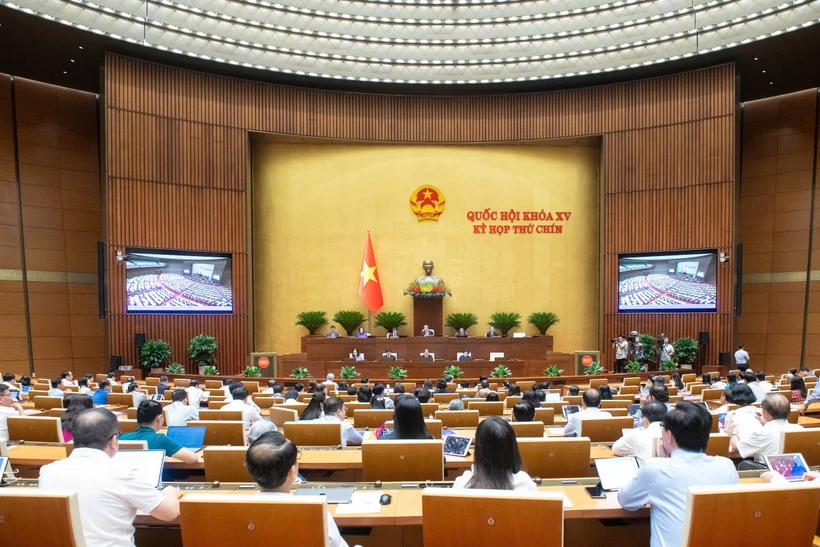 |
The National Assembly discussed the Draft Law on Organization of Local Government (amended) in the hall on the morning of May 14. (Photo: quochoi.vn) |
During the Discussion session in the hall on the Draft Resolution of the National Assembly amending and supplementing a number of articles of the 2013 Constitution (first time) on the morning of May 14, Minister of Home Affairs Pham Thi Thanh Tra said that the Government will issue 25 Decrees to promptly implement the operation of two-level local governments and promptly implement decentralization and delegation of authority to local governments.
Proposal to establish an inter-regional public administration center
The Draft Law on Organization of Local Government (amended) was developed and promulgated to institutionalize the guiding viewpoints of the Central Executive Committee, the Politburo , and the Secretariat on organizing local government according to the 2-level model (provincial and communal levels), at the same time clearly defining the authority of the 2-level local government; streamlining the organizational apparatus, ensuring unified, smooth, effective and efficient operations of the administration from the central to communal levels; building a government close to the people, serving better the needs of the people in the area.
The draft law is built on the viewpoint of continuing to promote decentralization and delegation between central and local state agencies; between provincial and commune-level local governments according to the principle of "locality decides, locality acts, locality takes responsibility" to promote the initiative and creativity of local governments at all levels, in order to unleash all resources for local development.
Delegate Nguyen Quoc Han (Ca Mau Delegation) agreed with the amendment of contents related to the organization of administrative units and the 2-level local government organization model, aiming to reduce focal points, eliminate intermediate levels, streamline the apparatus, build a government close to the people, better serve the needs of the people, meet the requirements of tasks in the new period, which is a revolution in administrative reform.
However, delegate Nguyen Quoc Han said that this change is too big, deeply affecting all aspects of social life, from socio-economics to people's aspirations.
Specifically, under the merger of administrative units, some places associated with the history of the nation and the local people will only be memories. A level of government that once accompanied the development of the country has completed its historical mission and ceased to exist.
At the same time, a large number of civil servants and non-professional officials, after many years of working for the state apparatus, have had to quit their jobs and are struggling to find a new direction, facing many difficulties in reintegrating into the labor market. The rest do not know where to go or where to live.
Furthermore, people are worried because the area is large and far from the administrative center of the province, will it affect the implementation of citizens' rights and obligations? The number of commune-level officials has increased but is still less than at the district level, and with a large area, will they be able to be close to the people? Similarly, with the commune police force, will a large area ensure good management when a situation arises?
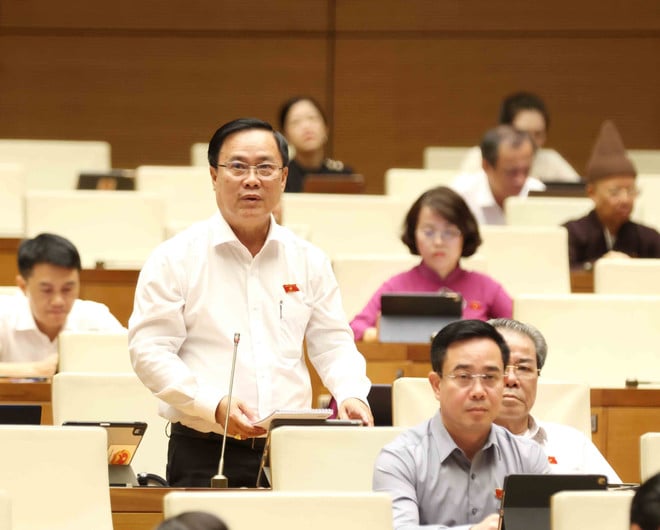 |
National Assembly delegate of Ca Mau province Nguyen Quoc Han speaks about the Draft Law on Organization of Local Government (amended). (Photo: VNA) |
With the above evidence, the delegate suggested that the sectors at all levels need to soon have answers and solutions to achieve the goal after the merger: The apparatus operates in a unified, smooth, effective, efficient manner, without interruption, without affecting the task of socio-economic development, the normal activities of people and businesses, ensuring national defense, security and social safety in the area.
Meanwhile, delegate Pham Van Hoa (Dong Thap delegation) agreed with the structure of activities and organization of the People's Council and People's Committee, however, the delegate proposed to increase the number of Vice Chairmen of the People's Council at the provincial level according to population size and area, because after the arrangement, the task of directing and operating is very large, so increasing the number is necessary.
Delegate Pham Van Hoa also proposed not to allow communes to establish public administration centers, but rather inter-regional public administration centers under the provincial People's Committee. The delegate gave an example of the model in Hanoi that is being implemented very well, if each commune establishes one, it is unnecessary, because some communes are not merged, and the small scale will cause waste.
In addition, the delegates agreed with the regulation on delegating authority to the People's Committee at the commune level and the Chairman of the People's Committee at the commune level. However, it should not be stipulated that the Chairman of the People's Committee at the commune level delegate authority to the commune-level departments and offices. Because the commune level is the lowest level, authority should not be delegated but can be delegated to specialized departments. In addition to specialized departments at the commune level, it is proposed to establish general offices such as the Party Committee office, the People's Council office, the People's Committee office, etc.
No stagnation, no interruption
Regarding this content, delegate Trinh Xuan An (Dong Nai delegation) proposed to continue reviewing the regulations on specific tasks and powers of People's Councils, People's Committees, and Chairmen of People's Committees at all levels in Chapter 4 of the draft law to more clearly demonstrate the policy of promoting decentralization and delegation of power to ensure reasonable division of tasks and powers of local authorities at provincial and commune levels.
Mr. An proposed adding mandatory regulations on publicity and transparency of local government decisions, especially those related to budget, land, and investment.
“It is necessary to increase the number of full-time National Assembly deputies, as well as strengthen the supervision activities of the People's Councils, especially at the local level. Because the workload of the People's Committees at the commune level is very large. If the supervision mechanism of the People's Councils is not strengthened, especially by increasing the number of full-time deputies, it will be difficult to promote the rights and obligations of local elected bodies,” he said.
According to delegate Nguyen Truc Anh (Hanoi delegation), the formation of a two-level local government model, eliminating the district and intermediate levels, demonstrates the issue of being close to the people. In particular, the majority of voters agree with this viewpoint.
Citing historical evidence of countries around the world that also follow the two-tier government model, delegate Nguyen Truc Anh stated that to develop urban management, many countries have Urban Development Boards or areas, which are assigned the same authority as urban authorities. Or regarding the issue of special zones, the delegate expressed his hope that in the draft Law on Organization of Local Government (amended), the issue of special zones should not be limited to islands, special zones can be on the mainland, but should boldly decentralize power to provincial authorities to be able to form special zones.
Meanwhile, delegate Ly Thi Lan (Ha Giang delegation) said that mountainous areas have completely different characteristics from the rural model in the plains, requiring appropriate methods, apparatus and policies.
“The addition of mountainous criteria will be an important legal basis for perfecting policies and laws on organizational structure, staffing, criteria for classifying administrative units and specific policies for mountainous areas,” the female delegate said.
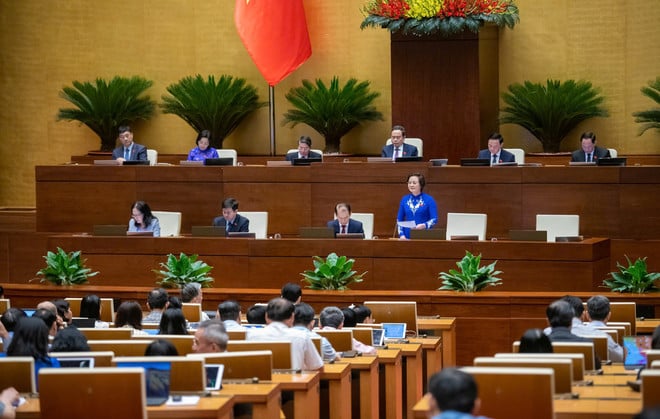 |
Minister of Home Affairs Pham Thi Thanh Tra spoke to explain and clarify a number of issues raised by National Assembly deputies related to the draft Law on Organization of Local Government (amended). (Photo: quochoi.vn) |
In response to the opinions of National Assembly deputies, Minister of Home Affairs Pham Thi Thanh Tra said that the draft law has fully established the principles, scope, subjects, contents, forms, and conditions for decentralization, delegation of authority, and authorization, along with a control mechanism to ensure the promotion of the role of local authorities in deciding, organizing implementation, and taking responsibility for all tasks within their assigned authority.
In addition, the draft law must ensure compliance with the spirit of Resolution 27 of the Central Executive Committee on state power being unified but with appropriate division of labor among agencies and organizations implementing the legislative, executive and judicial branches, especially between the Central and local levels.
“The drafting agency, together with the National Assembly’s Committee on Law and Justice, has carefully and thoroughly reviewed and also anticipated issues that may arise during the implementation process related to decentralization and delegation of power so that we can establish a very creative, dynamic, and flexible management mechanism for local authorities. To ensure that in necessary cases, the People’s Committee or the Chairman of the Provincial People’s Committee must promptly resolve issues to ensure a smooth flow of management, without stagnation or interruption,” the Minister said./.
Source: https://huengaynay.vn/chinh-tri-xa-hoi/chinh-phu-se-ban-hanh-25-nghi-dinh-de-trien-khai-chinh-quyen-dia-phuong-2-cap-153579.html


![[Photo] General Secretary To Lam works with the Central Policy and Strategy Committee](https://vphoto.vietnam.vn/thumb/1200x675/vietnam/resource/IMAGE/2025/5/28/7b31a656d8a148d4b7e7ca66463a6894)
![[Photo] Prime Minister Pham Minh Chinh receives a bipartisan delegation of US House of Representatives](https://vphoto.vietnam.vn/thumb/1200x675/vietnam/resource/IMAGE/2025/5/28/468e61546b664d3f98dc75f6a3c2c880)
![[Photo] Vietnamese and Hungarian leaders attend the opening of the exhibition by photographer Bozoky Dezso](https://vphoto.vietnam.vn/thumb/1200x675/vietnam/resource/IMAGE/2025/5/28/b478be84f13042aebc74e077c4756e4b)
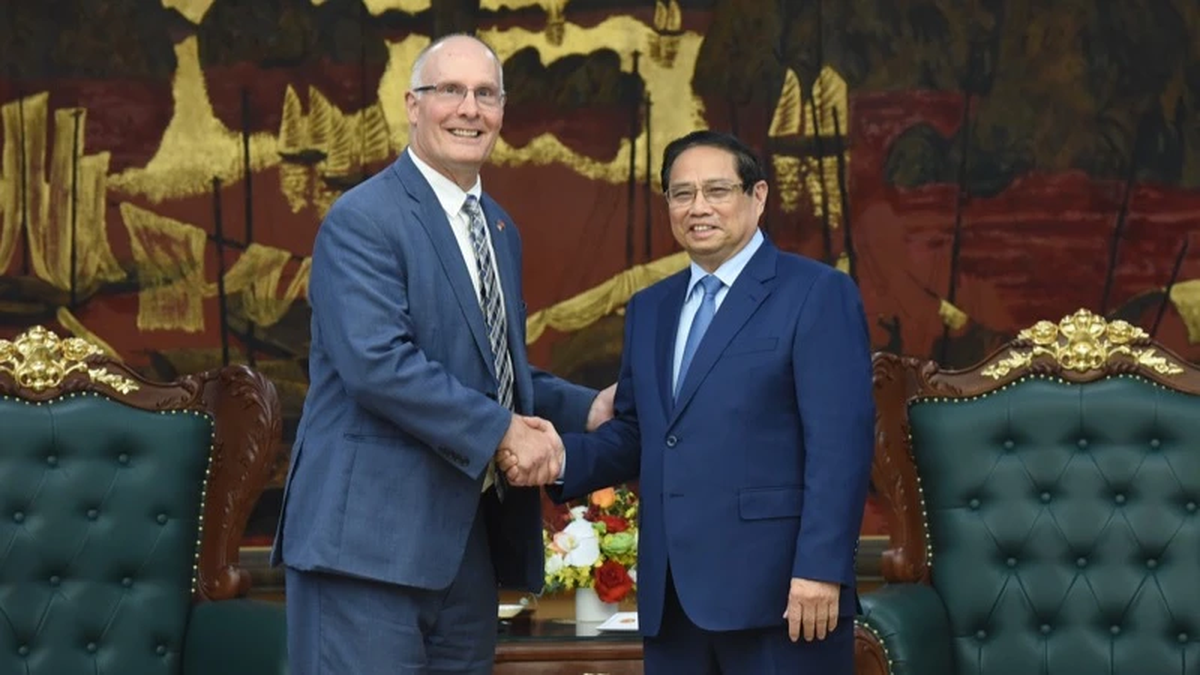
![[Photo] 12th grade students say goodbye at the closing ceremony, preparing to embark on a new journey](https://vphoto.vietnam.vn/thumb/1200x675/vietnam/resource/IMAGE/2025/5/28/42ac3d300d214e7b8db4a03feeed3f6a)

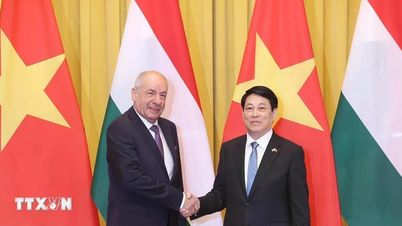

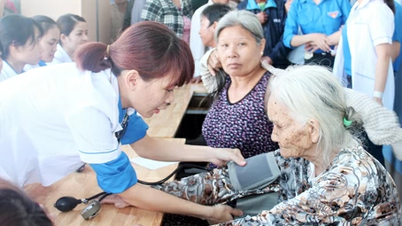

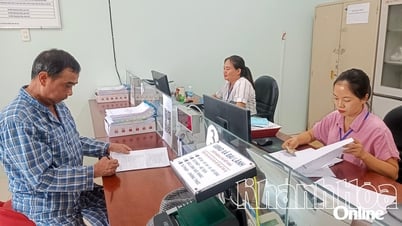

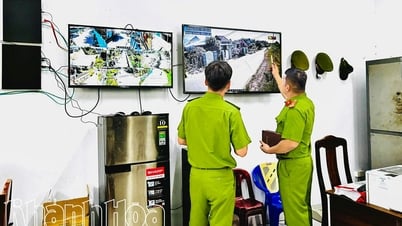









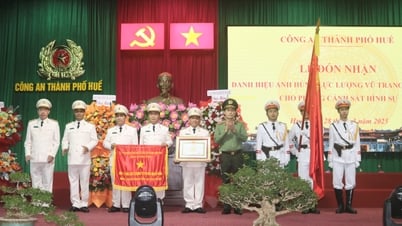

































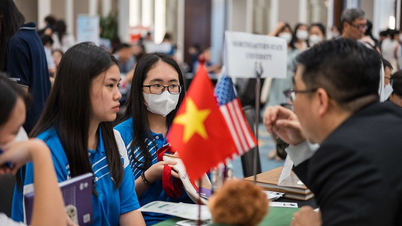












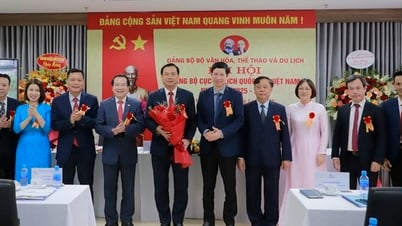
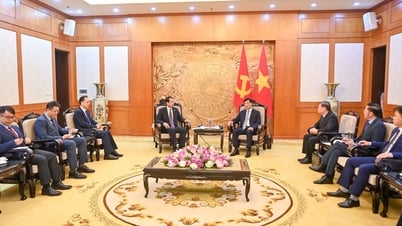




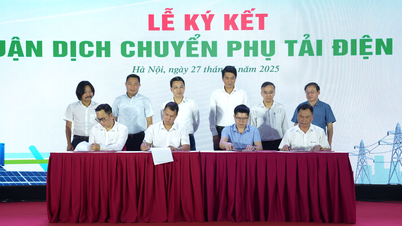





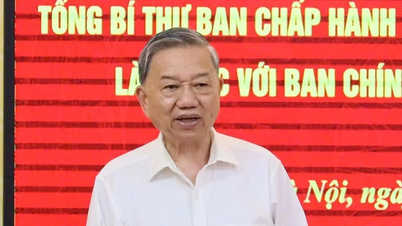
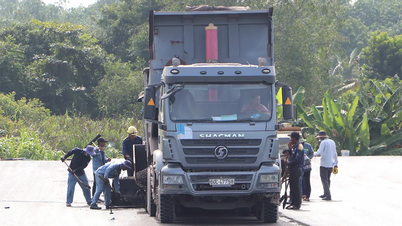








Comment (0)